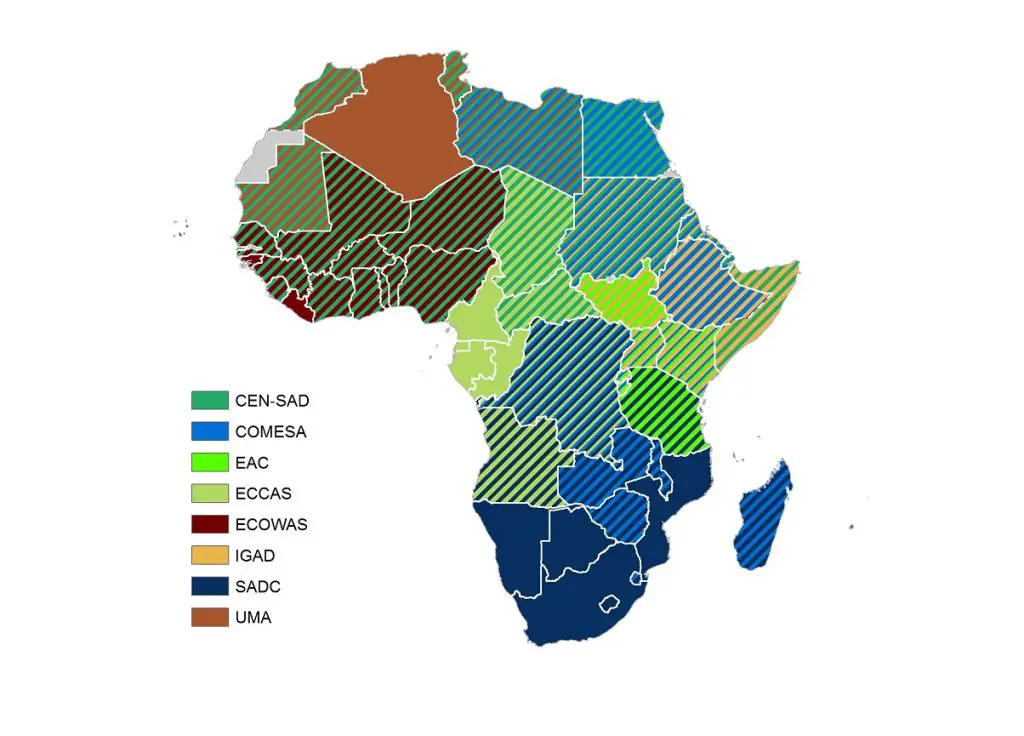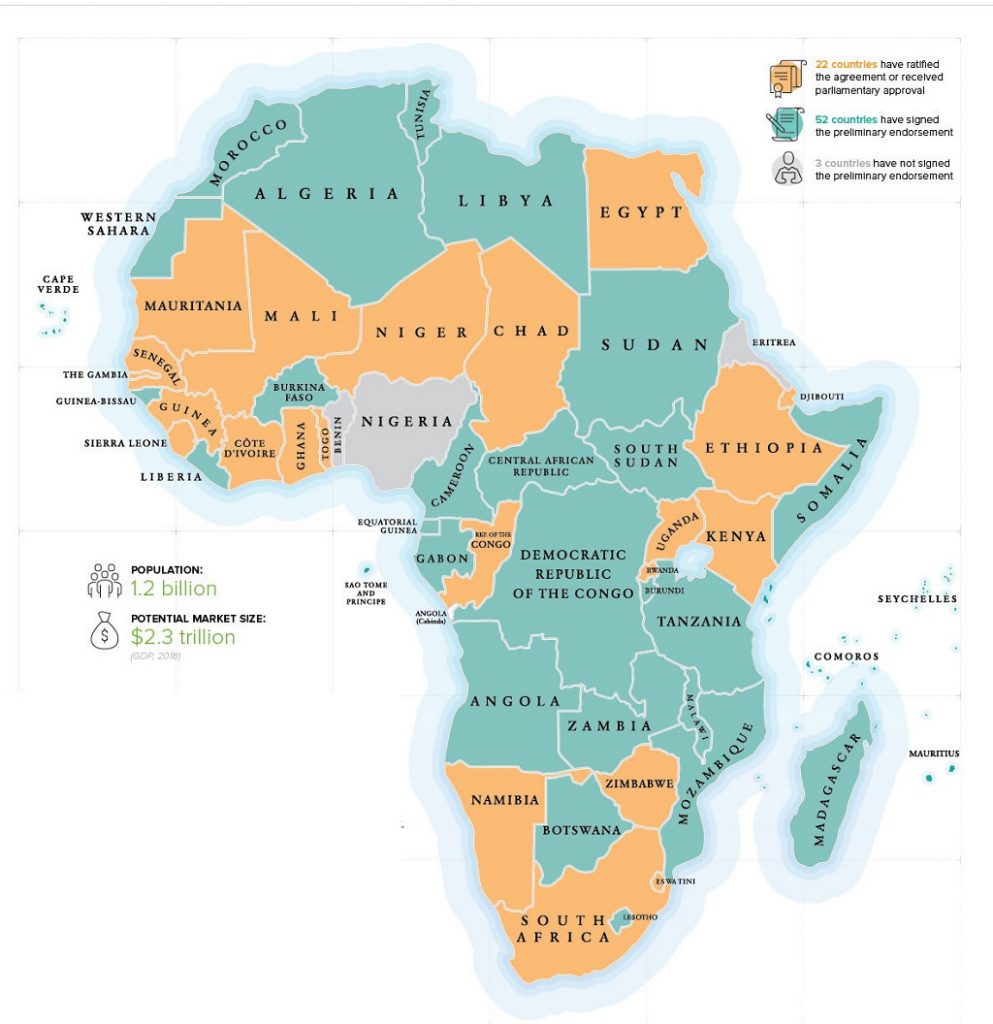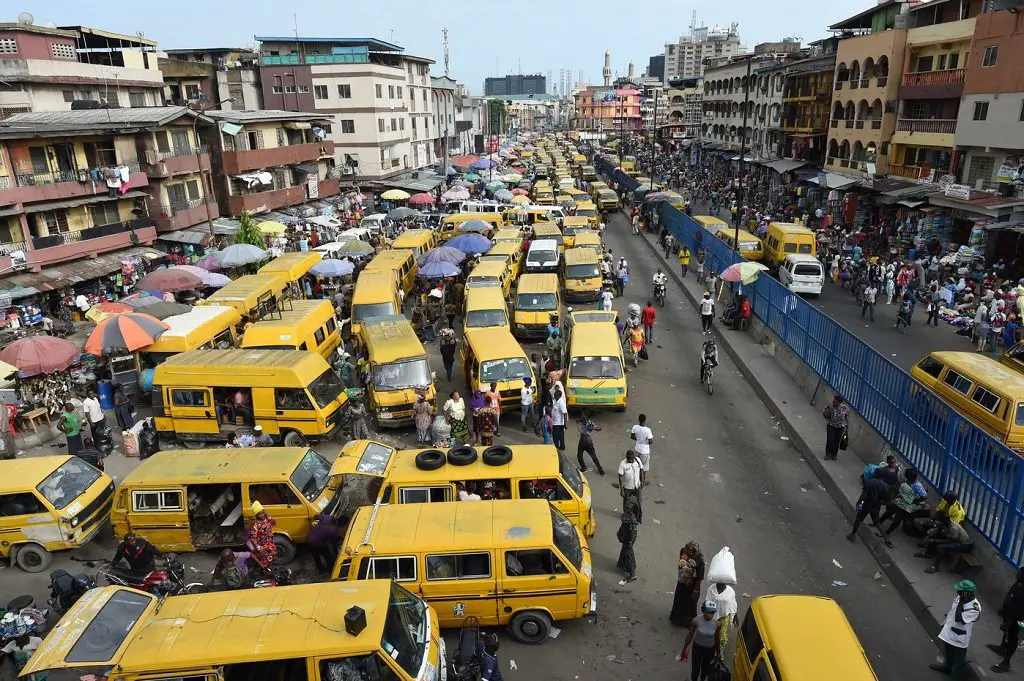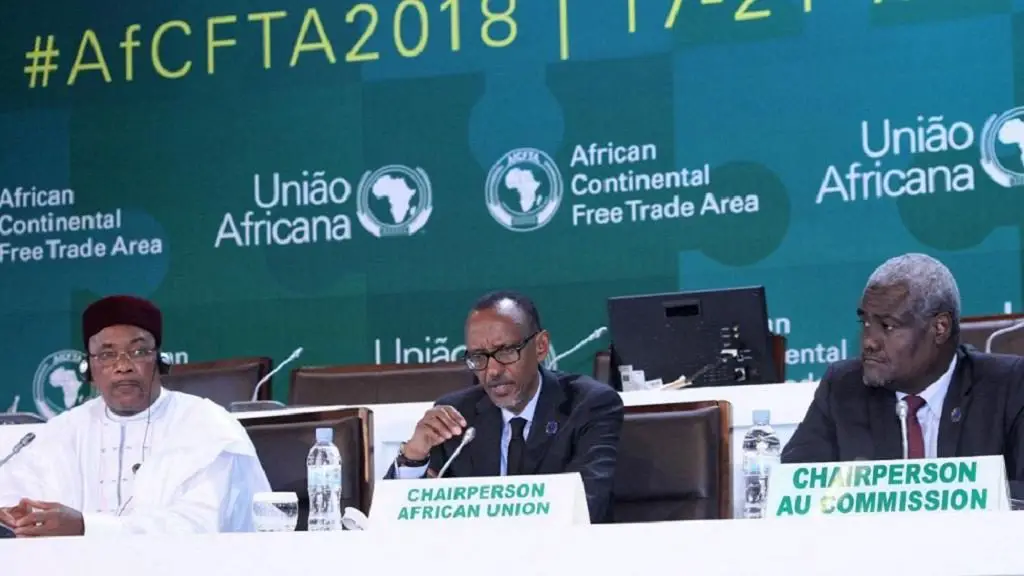- Africa’s new dawn: the rising role of digital and AI in agriculture
- Can Dangote Refinery Transform Africa Energy Ambition
- Gallup Survey: 80 per cent of Kenyan Workers Are Disengaged and Seek New Opportunities
- Madagascar Man Freed from 5KG Tumor After 15-Year Struggle
- How women in Africa are perceived and treated
- Sugar consumption in Kenya to Increase to 1.23 Million Tonnes
- Can Somalia and Turkey Oil deal Bring Change in Somaliland
- Remittances to Kenya dropped to $371.6 million in June, marking a six month low
Browsing: ECA
With the covid-19 coronavirus global crisis affecting, Africa could be hit harder with a heavy and durable economic toll.
This hit will threaten progress and prospects, widen inequalities between and within countries and worsen current fragilities.
To survive this, the Economic Commission for Africa (ECA) says that African countries need support in preparing for the health crisis, and for the economic fallout.
Coronavirus: African leaders stuck with neglected, outdated healthcare systems
“The measures being taken in Asia, Europe and North America such as physical (social) distancing and regular hand washing will be a particular challenge for countries with limited internet connectivity, dense populations, unequal access to water and limited social safety nets,” notes ECA.
In line with the steps being taken across the globe, African countries are preparing for the worst effects of this pandemic.
To help Africa survive the crisis, ECA says that the G20 must support an immediate …
With the covid-19 coronavirus pandemic slowing down the global economy’s growth, Africa could just be in time for a revolution that could help it recover faster than the rest of the world.
For starters, the continent is advantaged by having fewer infections which could make it possible for Africa to successfully curtail the spread of the coronavirus if strict measures are taken. While this move may not be uniformly undertaken continent-wide, the ravages of the Ebola virus have prepared many to deal with the pandemic. (https://idealhealth123.com) From years of suffering from viral infections, the continent is well placed to stop the virus in its tracks.
But this comes at a cost since governments should be willing to spend on their people to ensure that the majority who live on daily casual wages are provided for to help them stay in during lockdowns.
Coronavirus: African leaders stuck with neglected,
…On March 13, 2020, the Economic Commission for Africa (ECA) warned that the covid-19 coronavirus crisis could seriously dent Africa’s already stagnant growth.
Oil-exporting nations could lose up to US$ 65 billion in revenues as crude oil prices continue to tumble. Having already strongly hit Africa’s major trading partner, China, covid-19 was inevitably impacting Africa’s trade.
ECA Executive Secretary, Vera Songwe, said: “Africa may lose half of its GDP with growth falling from 3.2 per cent to about 2 per cent due to a number of reasons which include the disruption of global supply chains.”
She added that the continent’s interconnectedness to affected economies of the European Union, China and the United States was causing ripple effects.
US$3-billion facility
Songwe said that Africa would need up to US$ 10.6 billion in unanticipated increases in health spending to curtail the virus from spreading, while on the other hand revenue losses could …
The East African region has a combined GDP of US$ 880 billion and a population of 437 million.
Despite this attractive combination, the economies of East Africa are still highly fragmented with low intra-regional trade and investment levels. To make matters worse, the trade and investment have been declining.
The region’s biggest economies of Kenya and Ethiopia have an annual bilateral trade worth less than US$ 100 million since they barely trade with each other.
While these two economise paint a rough picture of the trade imbalances in the region, trading within the East African Community (EAC) is higher with exports peaking in 2013 at US$ 3.5 billion. Again, unfortunately, by 2017 the exports volumes had declined with earnings reducing by 31 per cent to just US$ 2.4 billion.
The lack of trade integration poses a serious impediment to the future development of the region despite the fact that the …
World Bank’s (WB) research on development economics which is focused on identifying successful development polices, has captured various significant insights in the world of development economics, and payment of health and education providers was in it, thus—there are crucial things to rethink to enhance the delivery of quality services.
According to the bank’s research, service providers—schoolteachers and health workers, in particular, are influenced by the payment incentives which dictate high-quality services. But how much they are paid also matters.
Taking the youngest continent in the globe into the context, Africa, of which its average real ages increased by 20 per cent between 2006 and 2017, supported by labour productivity gains, stand to benefit from revised payment schedules, as described by the bank.
Three ways service providers are paid
Fee-for-service is the first schedule of payment, that health workers and schoolteachers tend to get paid on, according to the specific services …
That will be decided during the forthcoming African Union meeting slated to take place in the next three months, according to the officials who gathered in Arusha on Thursday 25th April, 2019.
The proposed African Continental Free Trade Area is not simply a `Free Trade Agreement` it is about establishing a unified continental market with 1.2 billion potential customers and where the private sector is the major engine to make it happen.
This was the tone from the discussions of the meeting held in Arusha about how the East African Private Sector including Small and Medium Enterprises (SMEs) could benefit from the African Continental Free Trading Area (AfCFTA)
The one-day meeting, organized jointly by the East African Business Council (EABC) and the United Nations Economic Commission for Africa (ECA), convened close to 40 key players from the region`s private sector. The office for Eastern Africa of ECA estimates large …
Members of East Africa`s private sector including small and medium size enterprises are preparing to exploit the over Tshs.2.7 trillion ($1.2 billion) continental market after endorsement of African Continental Free Trade Area (AfCTA).
At their meeting in Arusha on Thursday 25th April,2019, members of East Africa Business Council (EABC) who teamed up with United Nations Economic Commission for Africa (ECA) said they foresee large potential gains from the AfCFTA, including an increase in intra-African exports of Eastern Africa by nearly Tshs.2.3 trillion ($1 billion) and job creation of 0.5 to 1.9 million
`Together African economies have a collective gross domestic product (GDP) of $2.5 trillion, making it the 8th largest economy in the world. That makes the continent much more attractive to investment, both from within and from outside the continent, ` said Andrew Mold, the acting Director of ECA in Eastern Africa.`This should encourage business people to …










